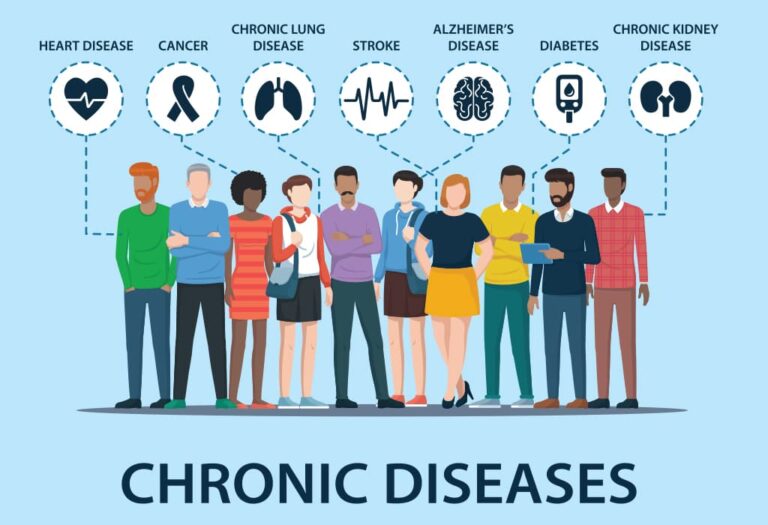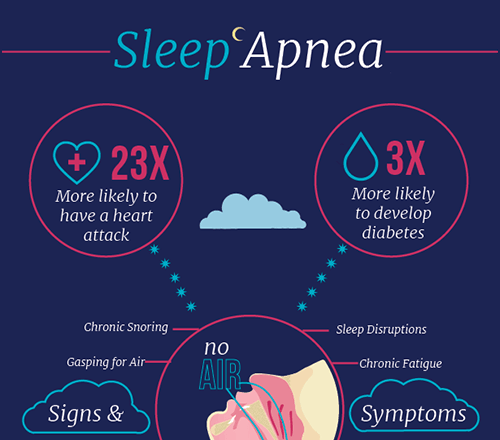Broken Heart Can Kill You Here’s How
Author: Giselle Robel
Giselle Robel
Category: Health
 Ballooning of the Left Ventricle of the Heart
Ballooning of the Left Ventricle of the Heart
What is Broken heart Syndrome?
It is possible to die of a broken heart.
The idea that you can die from a broken heart might seem far-fetched, but it happens and its real.
It is a temporary heart condition that’s often brought on by stressful situations and extreme emotions. The condition can also be triggered by a serious physical illness or surgery.
Traumatic life events such as the death of a loved one, a physical injury, or even an emotional memory can cause “broken heart syndrome.”
You may feel a sudden chest pain or think that you are having a heart attack. It affects just part of the heart, temporarily disrupting the heart’s usual pumping function. The rest of the heart continues to work properly or may even squeeze (contract) more forcefully.
The syndrome occurs when a surge of stress hormones cause short-term heart muscle failure.
The symptoms of broken heart syndrome are treatable. It is usually reverses itself in days or weeks.
The condition is usually treatable, but it can be fatal.
It may also be called:
- Stress cardiomyopathy
- Takotsubo cardiomyopathy
- Apical ballooning syndrome
Broken Heart Signs and Symptoms
It can mimic a heart attack and that may include the following:
- Chest pain
- Shortness of breath
Causes
The exact cause of broken heart syndrome is unclear. It’s thought that a surge of stress hormones, such as adrenaline, might temporarily damage the hearts of some people. How these hormones might hurt the heart or whether something else is responsible isn’t completely clear.
A temporary squeezing (constriction) of the large or small arteries of the heart may play a role. People who have broken heart syndrome may also have a change in the structure of the heart muscle.
It is often causes by an intense physical or emotional event. For example, an acute illness (such as an asthma attack or COVID-19 infection), major surgery or a broken bone can lead to broken heart syndrome. Anything that causes a strong emotional response, such as a death or other loss, or a strong argument may trigger this condition.
The stress hormones could be triggered by traumatic events such as the death of a loved one, a breakup, physical injury, or by positive events like winning the lottery or being surprised at a party,
Rarely, use of certain drugs may lead to broken heart syndrome, including:
- Emergency medications used to treat severe allergic reactions or severe asthma attacks
- Some medications used to treat anxiety
- Nasal decongestants
- Illegal stimulant drugs, such as methamphetamine and cocaine
Always tell your health care provider about the medications you take, including those bought without a prescription. When starting a new medication, talk to your provider about the potential risks and side effects.
How is broken heart syndrome different from a heart attack?
Heart attacks are generally caused by a complete or near complete blockage of a heart artery. In broken heart syndrome, the heart arteries are not blocked, although blood flow in the arteries of the heart may be reduced.
Risk factors
Known risk factors may include the following:
- Sex. It is more common in women than in men.
- Age. It appears that most people who have experience it are older than 50.
- A previous or current mental health disorder. People who have anxiety or depression may have a higher risk of broken heart syndrome.
Complications
Rarely, broken heart syndrome can cause death. However, most people who have broken heart syndrome quickly recover and don’t have long-lasting effects.
Other possible complications are as follows:
- Backup of fluid into the lungs (pulmonary edema)
- Low blood pressure (hypotension)
- Irregular heartbeats (arrhythmias)
- Heart failure
- Blood clots forming within the heart due to the weakened heart muscle
May occur again after another stressful event. However, the odds of this happening are low.
Prevention
To prevent another episode of broken heart syndrome, many health care providers recommend long-term treatment with beta blockers or similar medications that block the potentially damaging effects of stress hormones on the heart.
Some people who have chronic stress may have an increased risk for broken heart syndrome. Taking steps to manage emotional stress can improve heart health and may help prevent broken heart syndrome.













